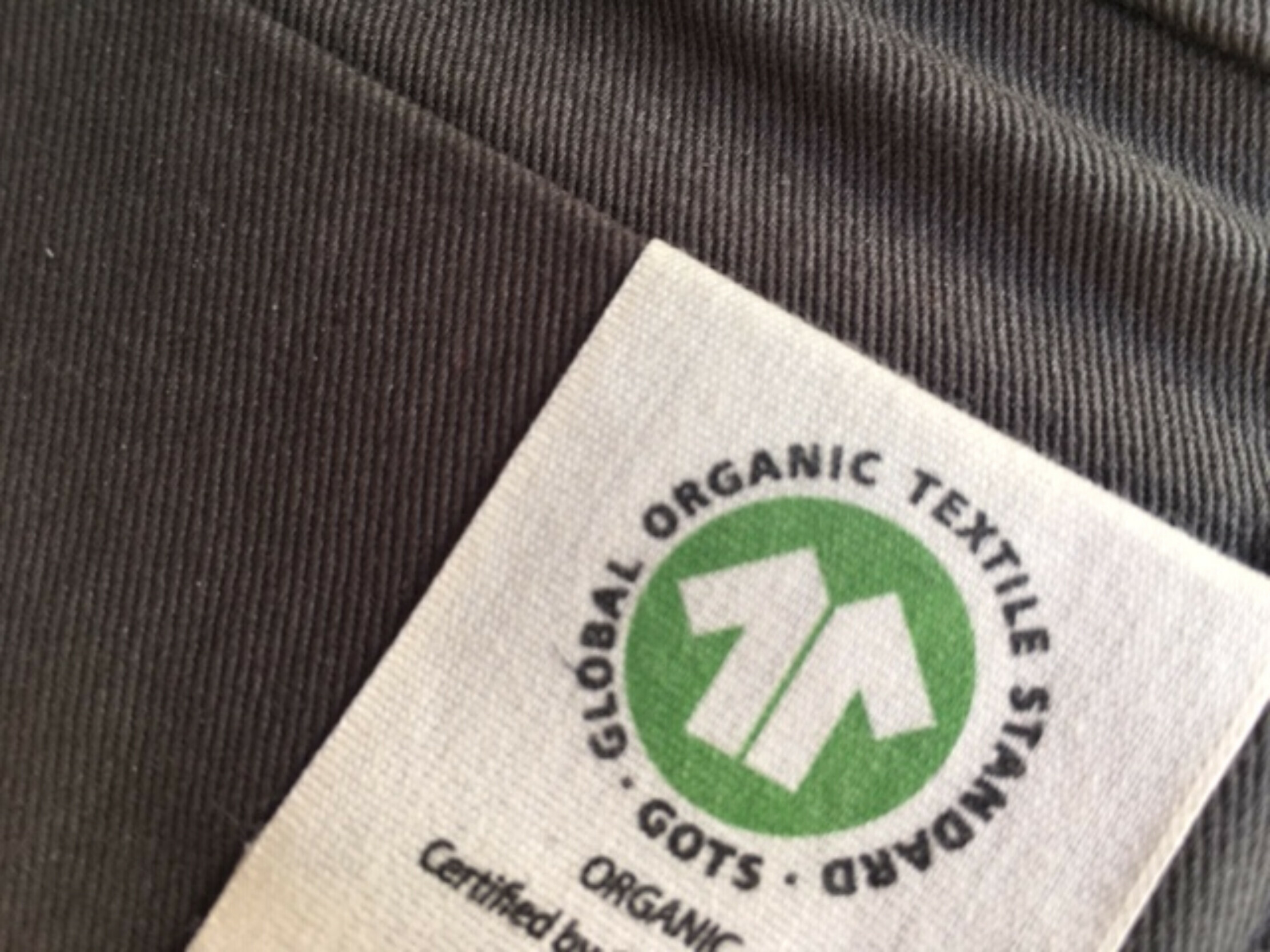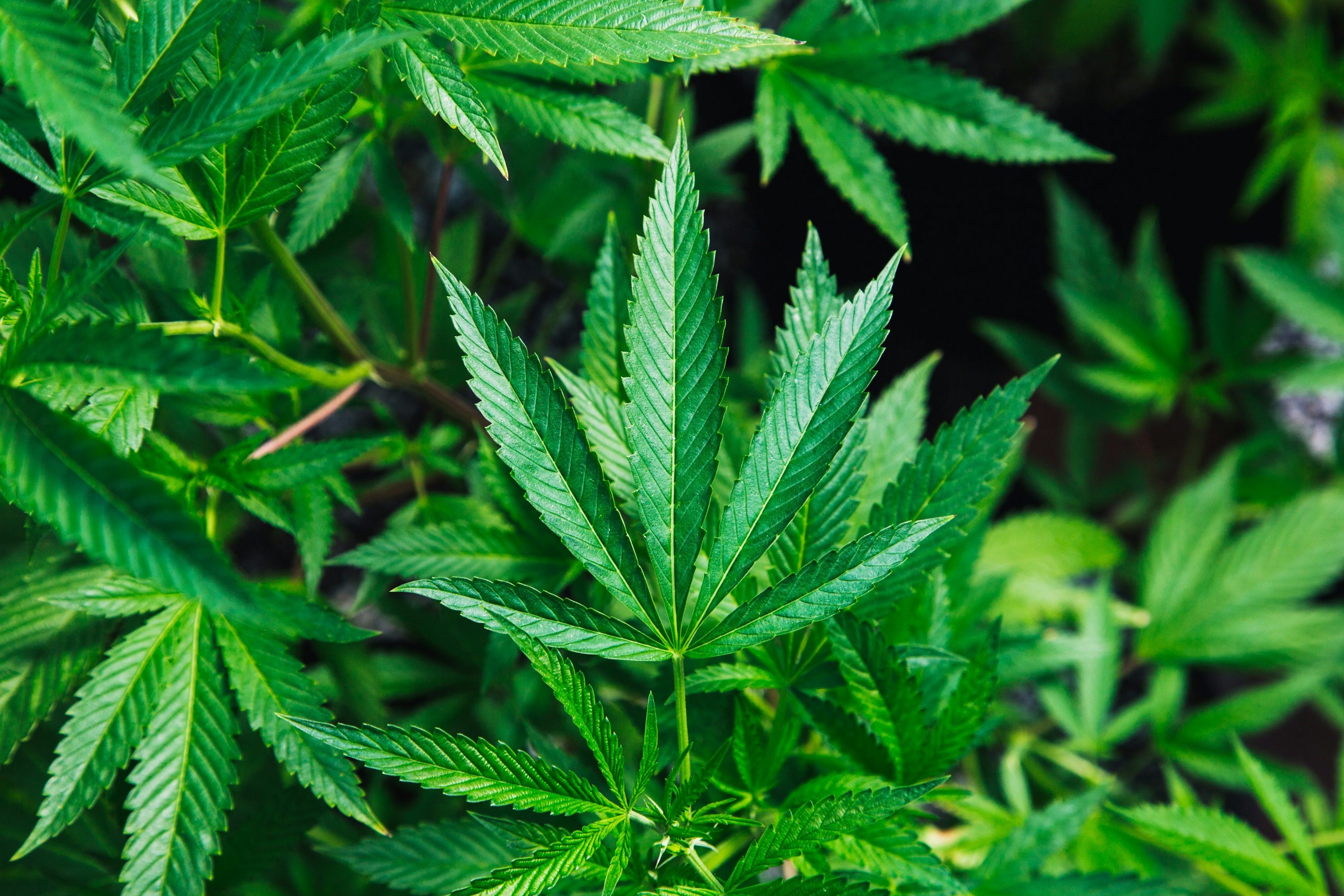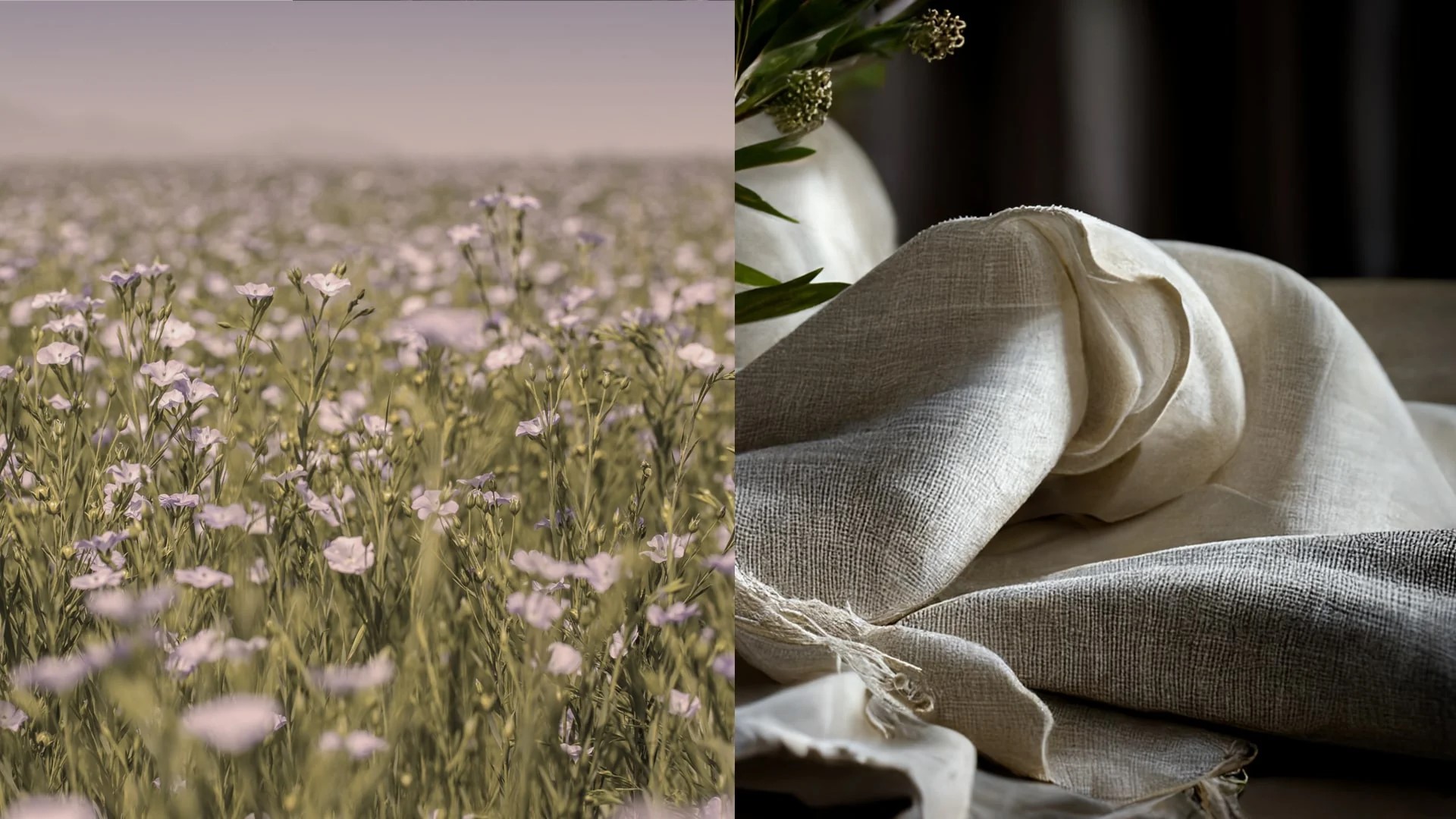
Sustainability Through Digital Sampling

We harness the power of digital tools to create virtual samples eliminating waste and reducing lead times. This cutting-edge technology brings garments to life virtually, ensuring a sustainable and efficient design process

Our Sustainable Journey
Our Commitment
At NC John Garments, our mission is to become the most sustainable knitwear manufacturer by 2030. We follow the principles of circular economy, carbon neutrality, and inclusivity — all in harmony with nature.

GOTS Certified
Cotton

Recycled PET
with Organic cotton

Recycled Cotton

Recycled PET
1992
2004
2008
2010
2012
2015
2018
2019
2020

Diversified into
Garments

Organic Cotton/
Bamboo

Hemp

Linen

Natural Dyes
Our Sustainable Journey
The Sorting for Circularity India Project
Fashion for Good

India, a major textile manufacturing and consumption hub, generates significant pre- and post-consumer textile waste. While some pre-consumer waste is recycled, much is downcycled into lower-quality products. Post-consumer domestic waste is hard to track due to limited data on its volume and composition. India also imports millions of tonnes of global textile waste worth over €100m, which is manually sorted despite scarce information. NC John & Sons’ location in Tirupur—responsible for over 75% of India’s knitted garment exports—makes it a prime site for leading the Textile Waste Mapping project.
.avif)
The project brings together industry players including Adidas, Levi Strauss & Co., PVH Corp., NCJohn & Sons, Arvind Limited, Birla Cellulose and Welspun India. A key technology partner for the project is Fashion for Good innovator Reverse Resources that provide the analysis of the pre-consumer textile waste streams in addition to designing and running the pre-consumer pilot. The project is supported through catalytic funding provided by Laudes Foundation.
“India is a critical hub, not only for textile production and consumption, but also as a global post- consumer textile waste destination. This project is pivotal to understanding the size of this considerable market and providing the incentive, tools and means for the industry to benefits from the wealth of this untapped resoource.”- Katin Ley, Managing Director at Fashion for Good
Our Sustainability Promise
We are committed to reducing our environmental impact and enhancing positive outcomes, validated by industry-leading certifications in sourcing and manufacturing.
Our approach to sustainability is comprehensive, focusing on energy efficiency, renewable energy, and non-toxic processes to protect people and the planet.
We’re certified by GOTS, WRAP, Confidence in Textiles, and the Global Recycled Standard.
Eco-Friendly Approach
From sourcing natural dyes to using recycled packaging, every step of our process is guided by eco-conscious decisions. We are committed to leaving a positive impact on the environment through sustainable manufacturing.
Organic Materials
We use certified organic fibers such as cotton, bamboo, and hemp that are free from harmful chemicals. These materials are grown and processed with care for both people and the planet.
Digital Sampling
Through advanced digital sampling techniques, we reduce fabric waste and speed up the design process. This innovative approach supports sustainable production by minimizing material usage and energy consumption.
Reduced Environmental Impact
We minimize our ecological footprint by using renewable energy, reducing water consumption, and adopting zero-waste practices. Our operations are designed to preserve natural resources and promote long-term sustainability.

Renewable Energy Commitment
Our operations run entirely on renewable energy. By harnessing solar and wind power, we reduce emissions and drive our journey toward carbon neutrality.






